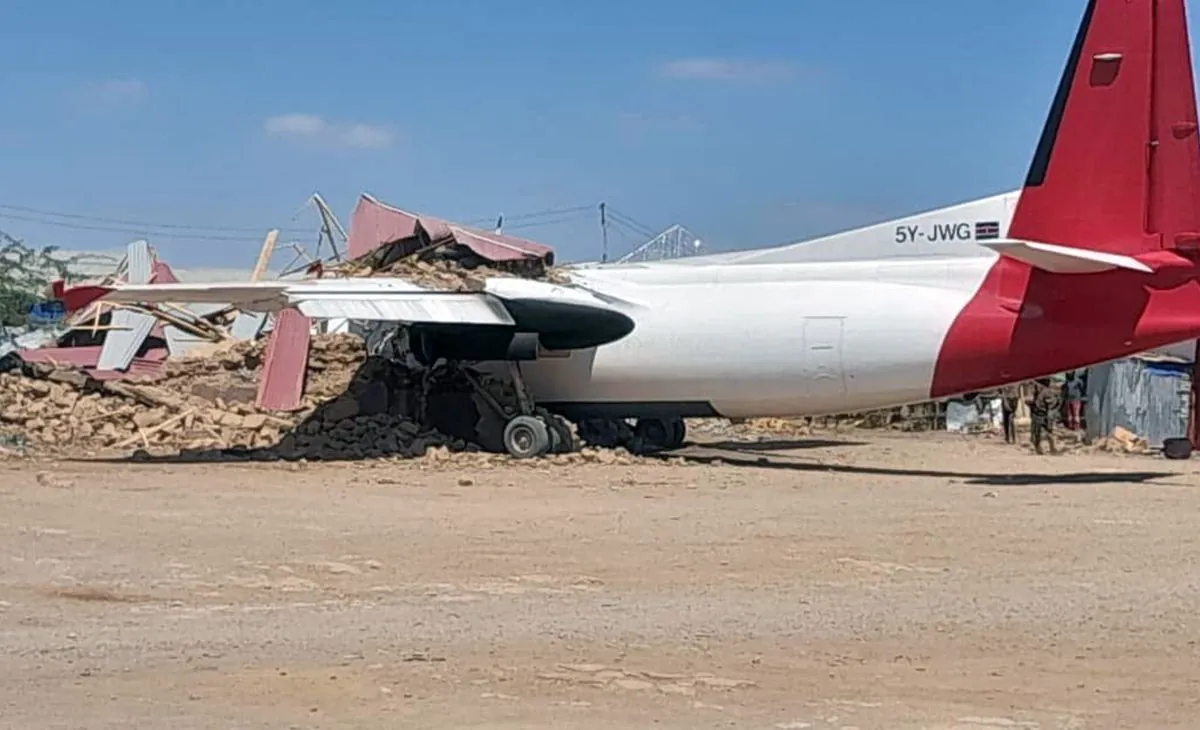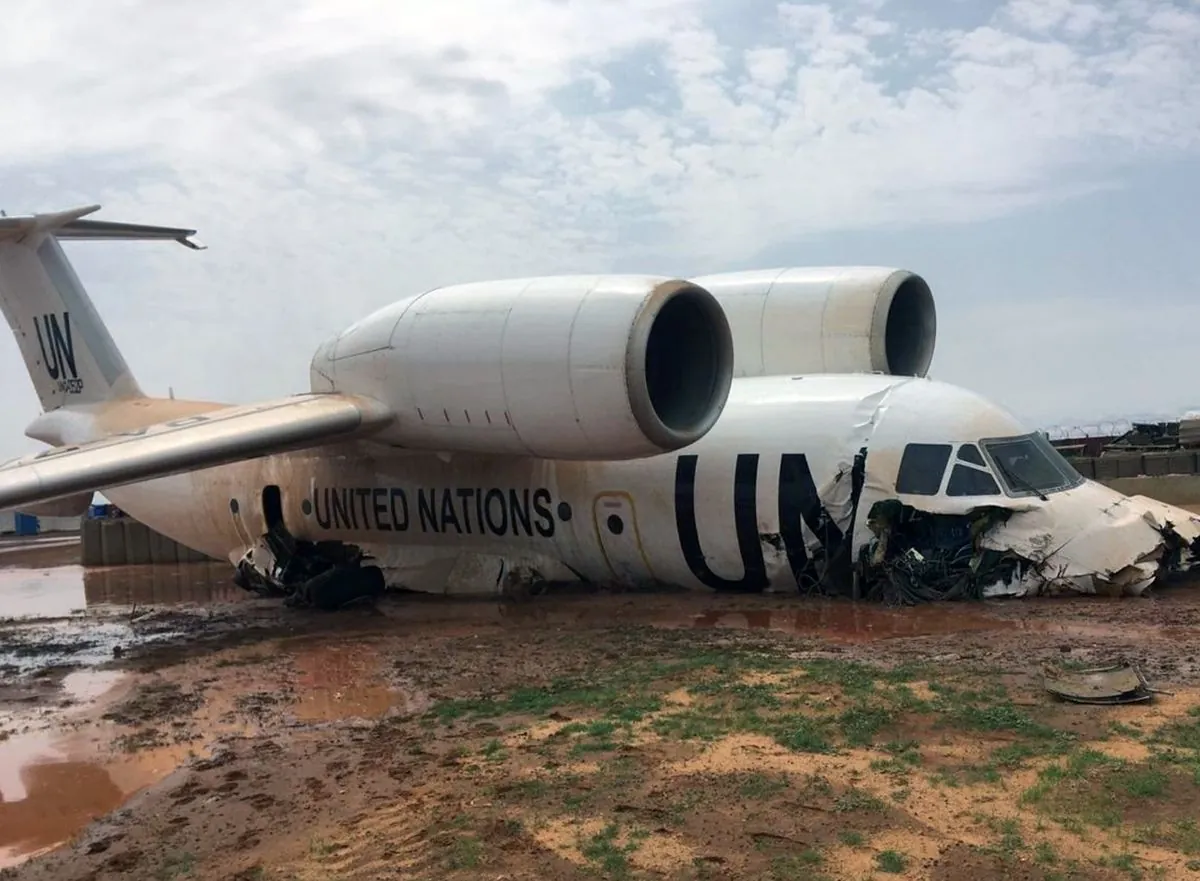Humanitarian Plane Damaged in Islamist Attack on Mali's Capital
A World Food Program-affiliated aircraft was damaged during an Islamist assault on Bamako, Mali. The attack, targeting military facilities, resulted in arrests and highlighted ongoing security challenges in the region.

In a recent incident highlighting the ongoing security challenges in West Africa, a humanitarian aircraft affiliated with the World Food Program (WFP) was damaged during an Islamist attack in Bamako, the capital city of Mali. The assault, which occurred on September 17, 2024, targeted both a military training facility and the airport in the city situated along the Niger River.
The South African aviation company National Airways Corporation, which owns the aircraft, reported that their plane "came under terrorist attack" while grounded in Bamako. Fortunately, all crew members and staff remained unharmed and were safely relocated to a secure location.

Mali, the eighth-largest country in Africa by area, has been grappling with an insurgency for over a decade, along with its neighbors Burkina Faso and Niger. This attack in the capital, typically less prone to such incidents, underscores the persistent threat faced by the nation.
The al-Qaida-linked group JNIM claimed responsibility for the assault through their website, Azallaq. They released videos purportedly showing fighters setting a plane ablaze and claimed to have inflicted "major human and material losses." Mali's military forces reportedly subdued the militants following an exchange of gunfire that resulted in soldier casualties.
A security official, speaking anonymously due to lack of authorization, revealed that at least 15 suspects were apprehended in connection with the attack. This incident occurs against the backdrop of Mali's complex political landscape, which has seen multiple military coups since gaining independence from France in 1960.
"It is a tragic state of affairs that our assets are damaged and destroyed in a fellow African country whilst performing humanitarian work in support of the citizens of Mali, under the auspices, approval, markings and the flag of the World Food Program (WFP)."
The attack on the WFP-affiliated aircraft is particularly concerning given Mali's reliance on humanitarian assistance. The country, part of the challenging Sahel region, faces significant issues with desertification and climate change, impacting its agriculture-centered economy.
In recent years, Mali, along with Burkina Faso and Niger, has shifted its security strategy, expelling French forces and turning to Russian mercenary units for assistance. However, this change has not stemmed the tide of violence. In July 2024, approximately 50 Russian mercenaries were killed in an al-Qaida ambush, demonstrating the ongoing security challenges.
Despite these issues, Mali remains a country rich in cultural heritage and natural resources. Home to the ancient city of Timbuktu, a UNESCO World Heritage site, and being Africa's third-largest gold producer, the nation has significant potential for development. The diverse ethnic makeup of Mali's approximately 20 million people, including the nomadic Tuareg in the north, contributes to its vibrant culture, exemplified by internationally renowned musicians like Ali Farka Touré.
As Mali continues to navigate these complex security and political challenges, the international community remains concerned about the impact on humanitarian efforts and the overall stability of the region. The recent attack in Bamako serves as a stark reminder of the ongoing struggle against extremist groups in West Africa.


































